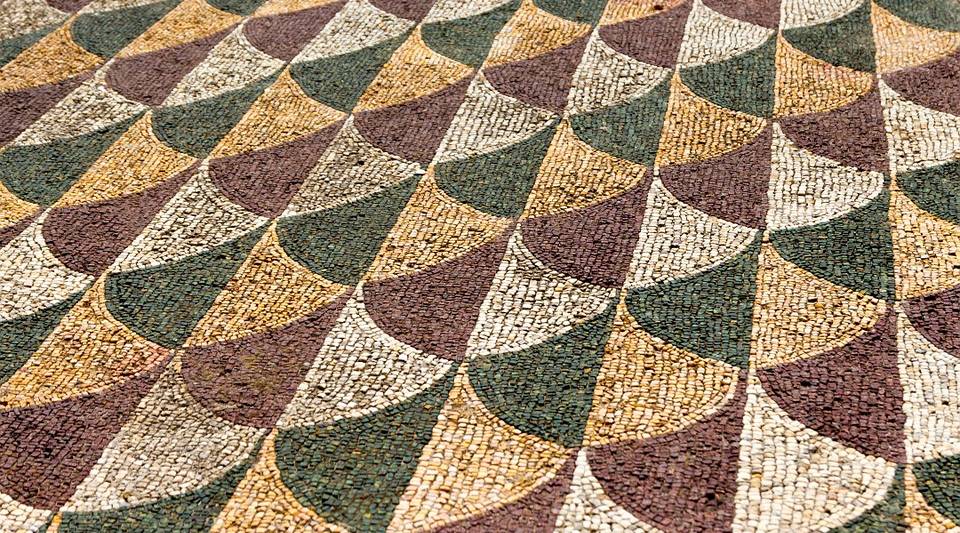
Italy
Capital city — Rome
Country population
i2015Incarceration rate (per 100,000 inhabit…
i2015/ Ministry of JusticeType of government
Human Development Index
i2016/ UNDPName of authority in charge of the pris…
Total number of prisoners
i2015/ Ministry of JusticePrison density
i2015/ Ministry of JusticeTotal number of prison facilities
i2015An NPM has been established
Yescreated in 2014
Female prisoners
i2015/ Ministry of JusticeIncarcerated minors
i2015/ Ministry of JusticePercentage of untried prisoners
i2015/ Ministry of JusticeDeath penalty is abolished
Yessince 1948
i2015
Contact with the outside world
Prisoners can receive six visits per month from authorized relatives, partners and friends. Each visit can last up to one hour.
In practice, relatives often arrive for visits without a prior authorization, and are only turned away if the prisoner refuses to see them.
Few prisons have visiting hours on weekends and holidays, making access difficult. Visitors also often have to wait long periods, due to prison procedures. There are no conjugal visits.
Children usually visit detainees in open spaces or dedicated areas, to reduce the trauma of the experience.
Mafiosi and terrorists, known as 41-bis prisoners, have additional visit restrictions, including no physical contact.
Prisoners can make six telephone calls per month to relatives and other authorized people. Each call can last up to 10 minutes. Some prisoners are given telephone calling cards, which allow more calling time.
Foreign phone numbers must be verified, making some calls problematic for prisoners from overseas.
Detainees cannot access fax or email, but new regulations do guarantee access to the web via authorized, monitored terminals (see Media).
Letters are the most common means of communication with the outside world, although these can also be subject to control.
Well-behaved prisoners are eligible for a sentence reduction of 45 days every six months. Prisoners must request early release, with requests then evaluated by a judge.
Any disciplinary action against a prisoner makes them ineligible for early release.
Detainees can access limited legal resources. Detainees can meet volunteers and their lawyers face to face. Detainees cannot talk with their lawyers over the phone, but can write to them confidentially.
Prisoners can access documents about their legal proceedings via the prison’s admission office. The process can be slow and prisoners, must complete an application and pay for copies.
Mafiosi and terrorists (Art. 41-bis prisoners) have additional restrictions extending to communications with lawyers.
The NPM is a collegial body composed of three members. The first NPM president is Mauro Palma. The board was chosen in 2016 and working procedures are yet to be defined. The NPM “Garante nazionale dei diritti delle persone detenute o private della libertà personale”, was created in 2013 (law decree 146/2013).
The NPM is reliant on the Ministry of Justice for financial resources and staff. This may pose an obstacle to its future independence.